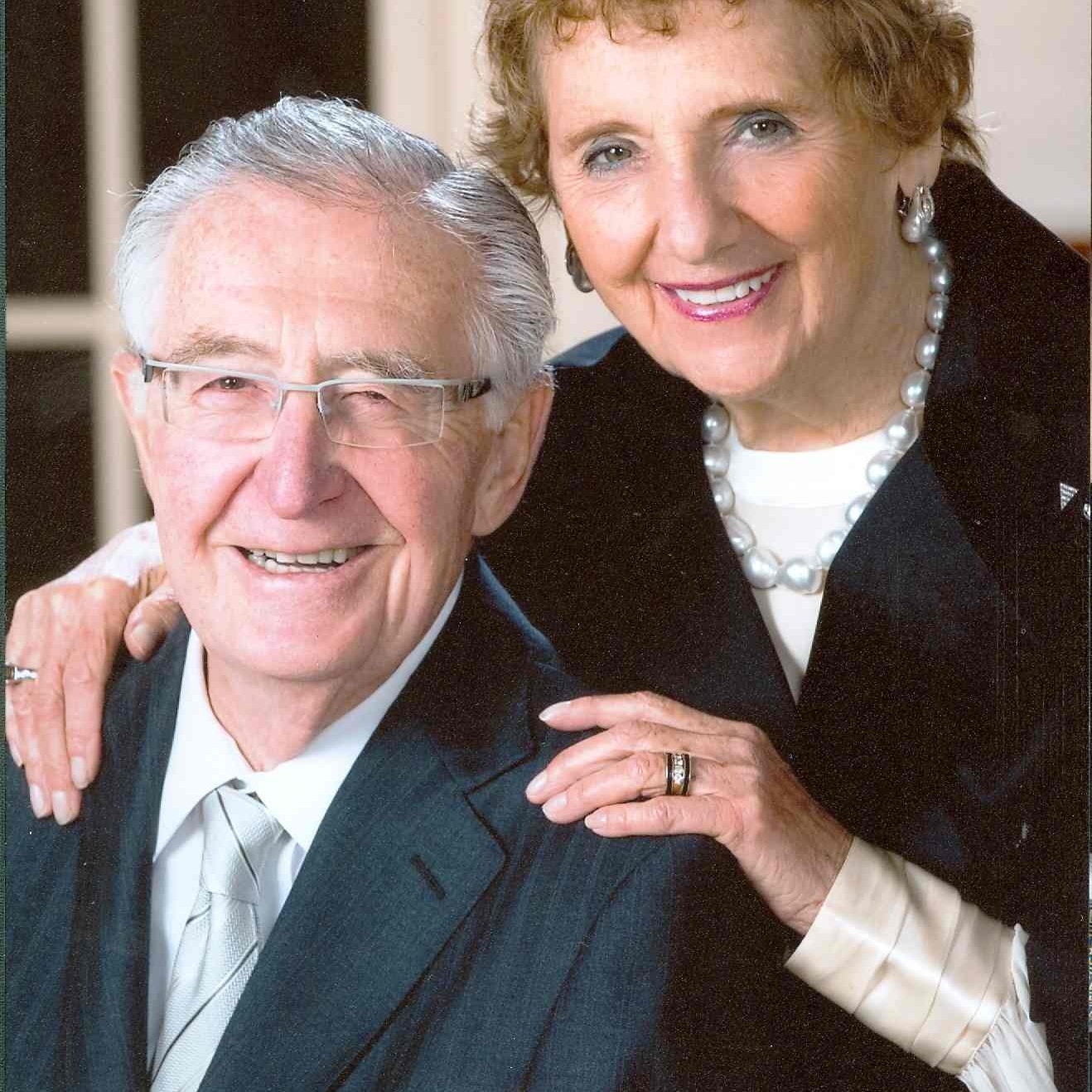When Mike Adler woke up in the hospital bed eighteen years ago, dazed and disoriented, he felt as if he lost control of his body and his life. Being a highly verbal and prominent businessman with a successful global marketing business, a philanthropist and an active member of his community, this was a hard pill to swallow. His wife, Elaine, broke the news to him that he had just had a stroke. Mike understood what she was telling him, but he couldn’t form the words to respond. His doctors described the stroke to Elaine and said Mike would have difficulty communicating. The doctors did not use the word aphasia, nor did they speak to Mike directly. His doctors also knew that aphasia did not affect Mike’s intellect. And that in spite of the medicinally induced haziness from the drugs he was being fed, Mike fully understood what was being conveyed to Elaine. All he knew was that now he couldn’t walk or talk.
As Mike and Elaine Adler learned to develop their own language to communicate, Mike was still frustrated with his recovery. “It’s not easy to see someone you love struggle to voice what he/she is feeling or what is needed. I felt so helpless,” Elaine adds. Mike and Elaine worked with a research librarian to identify the various resources available to people with aphasia. They travelled to Arizona, England, Canada and California where aphasia centers had been established. These centers were teaching people with aphasia and their caregivers new communication techniques using the life-participation approach to aphasia, placing priority on the life concerns of those affected by aphasia, to assist them in their efforts to return to active life. The Adlers learned that by empowering those with aphasia to get back to their lives, their speech and self-confidence could improve meaningfully even years after a stroke. To Elaine, this was all she needed to hear.
After two years of research, developing a cadre of supporters and spreading the word about aphasia, the Adlers started one of the largest post-rehabilitation aphasia treatment centers in the country. Now in its 11th year, the Adler Aphasia Center, located in Bergen County, New Jersey, has become a national pioneer in post-rehabilitation support services. In addition to providing direct services for people with aphasia and their caregivers, the Adler Aphasia Center recognizes the need to provide training and education to healthcare students and professionals so that effective care is more accessible to those with aphasia. Mike and Elaine knew firsthand the importance of educating healthcare professionals about aphasia even 5-10 years post-stroke.
Mike and Elaine Adler had no idea that their journey would benefit so many. Asked what they are proudest of, Elaine responds, “From something bad came something good. Even with this communication disorder disrupting our lives, we now know that by spreading the word about what aphasia is, that there can still be a good life for those affected by it.”

